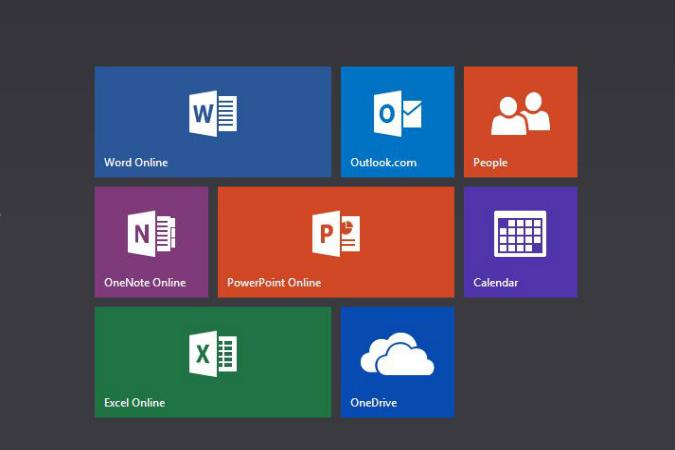
The improvements to reader view come in the form of tweaks to the locations of the edit, print, share and comments buttons via an updated toolbar. It also makes commands like translate easier to find. Microsoft has also sped up the printing process by allowing users to print PDF files without having to download them first.
Related: Office Web Apps get rebranded as Office Online
The toolbar can now be used to add files to their OneDrive easily. A simple “Add to OneDrive” button is available, letting users choose a place in their OneDrive where the file should be saved, and then have it available across all of his or her devices.
Moving on to the new save options, Office Online’s Save As function has been improved with users now being able to select save as, rename, download a copy, and download as PDF.
Another big usability change comes to the start screen, which will now show the most recently used files, as well as files stored in OneDrive. Quicker access to new documents has been added to the this screen, too.
Related: Are Microsoft’s free Office apps for Windows 10 a boon for productivity, or half-baked?
Proofreading is an important part of any word processor, and Microsoft is promising tweaks to its backend proofreading service, and it added a new feature that shows the word count of a highlighted bit of text.
The last couple of changes are quicker access to the help menu and integration with Office’s mobile apps. Each of the changes Microsoft has rolled out is fairly small on its own, but when combined, this is a pretty large update, and one that should prove to be quite handy to users of the service.
Editors' Recommendations
- Why is Google cutting web access for some of its workers?
- Google Bard avoids the critical flaws of Bing Chat
- These are the new AI features coming to Gmail, Google Docs, and Sheets
- 5 things I love in the Google Docs redesign
- Google’s new Bard AI may be powerful enough to make ChatGPT worry — and it’s already here


